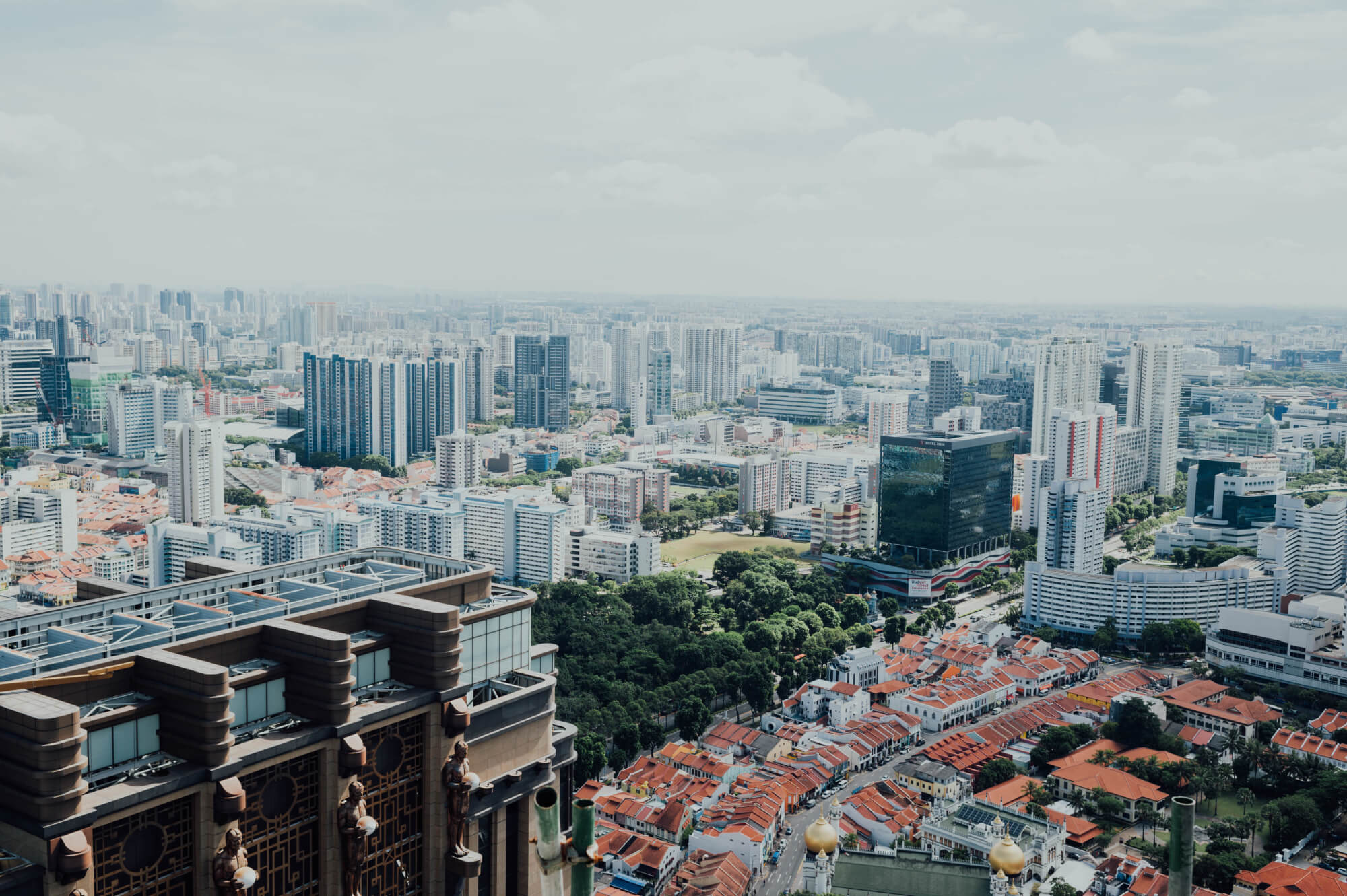In Singapore, property transactions are subject to a detailed framework of rules and regulations designed to promote market stability. One of the most significant measures is the Additional Buyer’s Stamp Duty (ABSD), a tax imposed on certain property purchases. For individuals aiming to optimize their property investments or enhance their estate planning strategies, trusts have emerged as a potential solution for managing ABSD obligations. However, understanding how ABSD and trusts work together is crucial to making informed decisions.
This article provides an overview of ABSD and explores how trusts can be utilized in property ownership within Singapore.
1. What Is Additional Buyer’s Stamp Duty
The Additional Buyer’s Stamp Duty (ABSD) was introduced in 2011 as part of Singapore’s efforts to curb speculative property purchases and moderate demand. It aims to discourage speculative buying and balance demand for residential properties. It applies to purchases of residential properties, with rates depending on the buyer’s profile and the number of properties owned.
Updated ABSD Rates (as of 2024):
- Singapore Citizens (SC):
- First property: No ABSD
- Second property: 20%
- Third and subsequent properties: 30%
- Singapore Permanent Residents (SPR):
- First property: 5%
- Second property: 30%
- Third and subsequent properties: 35%
- Foreigners: 60% on all residential properties.
- Entities and Trusts: 65% unless exempted.
Purpose of ABSD:
ABSD is part of the Singapore Government’s property cooling measures, aimed at reducing speculative buying, stabilizing property prices, and ensuring affordability for Singaporeans
2. What Are Trusts?
A trust is a legal arrangement where a trustee holds and manages assets (in this case, property) on behalf of a beneficiary. Trusts are often used in estate planning, wealth management, and for property ownership.
Types of Property Trusts:
- Bare Trusts: The trustee holds the property solely in name without any control over its use.
- Discretionary Trusts: The trustee has the flexibility to manage and distribute assets according to the trust’s terms.
3. ABSD and Properties Purchased Through Trusts
Properties purchased under trusts are subject to ABSD unless certain criteria are met.
Key Points to Consider:
- Standard ABSD on Trust Purchases:
- A 65% ABSD applies to properties purchased via trusts and must be paid upfront.
- A refund may be possible if certain conditions regarding the beneficiary are met.
- Conditions for ABSD Refund:
To qualify for a refund, the trust must meet these requirements:- The beneficiary must be a Singapore Citizen.
- The beneficiary must not own any other residential property at the time of purchase.
- The beneficiary must be explicitly named and be the sole beneficial owner of the property.
- Non-Refundable ABSD:
If these criteria are not met, or if the beneficiary is not clearly identified at the time of purchase, the ABSD paid cannot be refunded.
4. Strategic Use of Trusts
Trusts can be a useful tool for estate planning and managing ABSD liabilities, but they must be structured carefully.
Benefits of Trusts:
- Asset Protection: Protect properties from potential disputes or creditors.
- Succession Planning: Facilitate smooth transfer of ownership to beneficiaries.
- Tax Savings: Lower ABSD liabilities under certain conditions.
Important Considerations:
- Clear identification of beneficiaries is essential for ABSD refunds.
- Trusts can involve significant legal and administrative costs.
- Proper compliance with Singapore’s property and tax laws is crucial.
5. Alternatives to Minimize ABSD
If trusts are not a suitable option, consider these strategies to manage ABSD effectively:
- Joint Ownership with Family Members: Distribute property ownership to reduce the number of properties held by an individual.
- Invest in Non-Residential Properties: ABSD does not apply to commercial or industrial property purchases.
- Sell Existing Properties: Lower your property count to benefit from reduced ABSD rates.
6. Consult Professionals for Expert Guidance
Given the complexities of ABSD and trust regulations, engaging professionals such as property lawyers, tax advisors, or mortgage brokers is essential. They can:
- Analyze your financial and legal situation.
- Provide tailored recommendations for optimizing ABSD obligations.
- Ensure compliance with all relevant laws and regulations.
Conclusion
The relationship between ABSD and trusts in Singapore presents both challenges and opportunities for property owners. While trusts can offer a strategic way to manage ABSD liabilities and estate planning, they must be carefully structured to align with legal and regulatory requirements. By understanding these dynamics and seeking expert advice, you can make informed decisions to maximize your property investment potential.
Have any questions about ABSD or property trusts? Connect with us for expert guidance to navigate these complexities!
Your financial future starts with the right advice
In the ever-evolving landscape of home loans in Singapore, making informed decisions is key to securing your financial future.
Our dedicated team of expert mortgage brokers from IQrate is here to guide you every step of the way. Don’t let uncertainty hold you back; take the first step towards maximizing savings for your mortgage loan, often your largest financial commitment.
Contact us now to schedule a personalised and free consultation.
